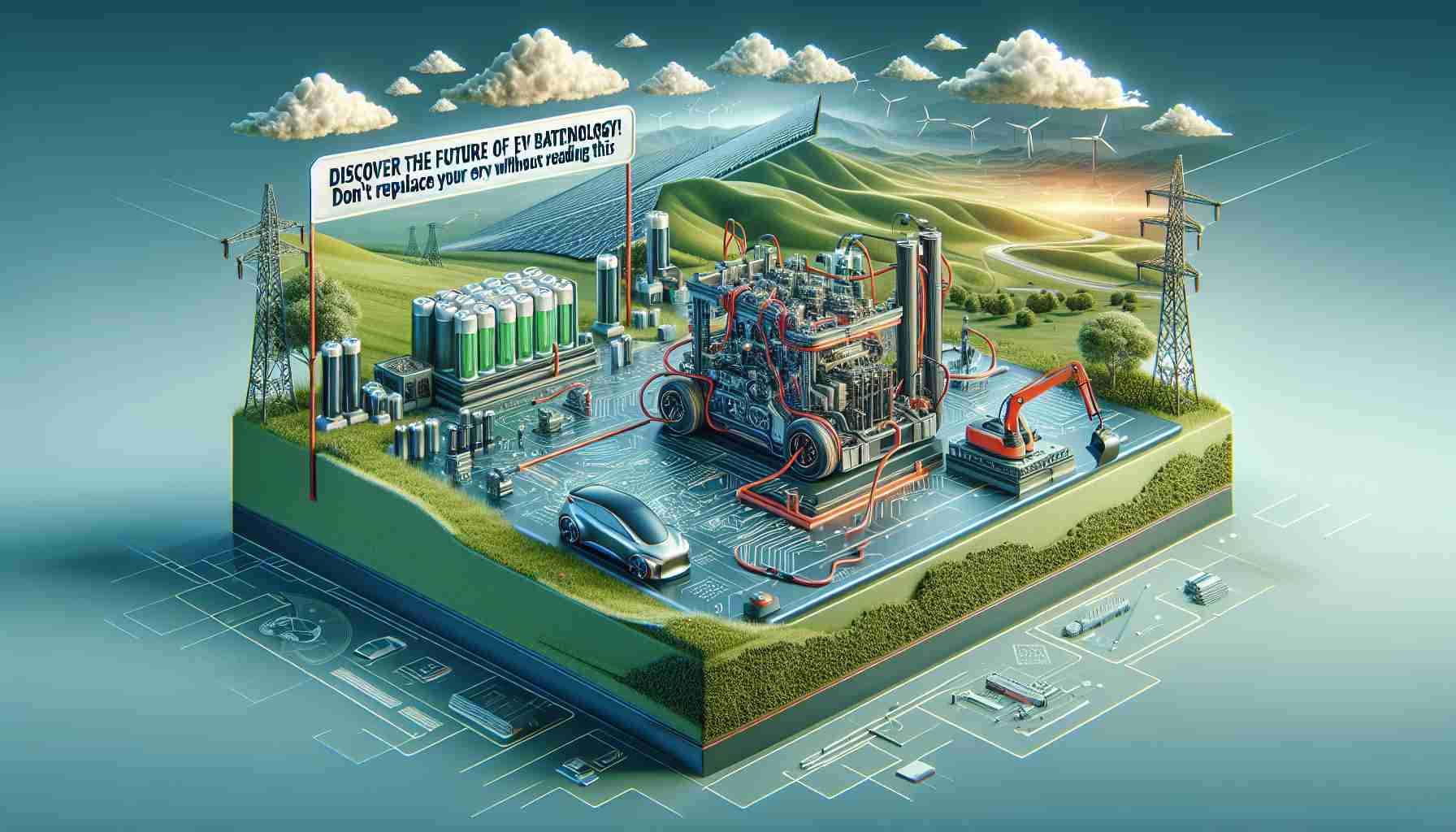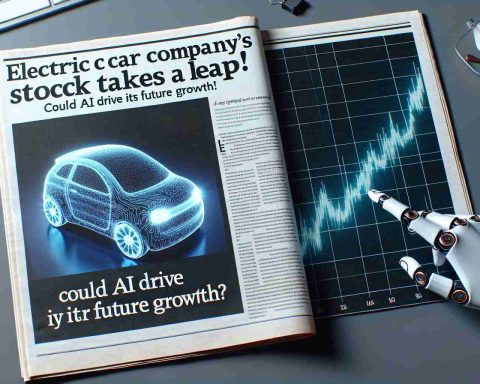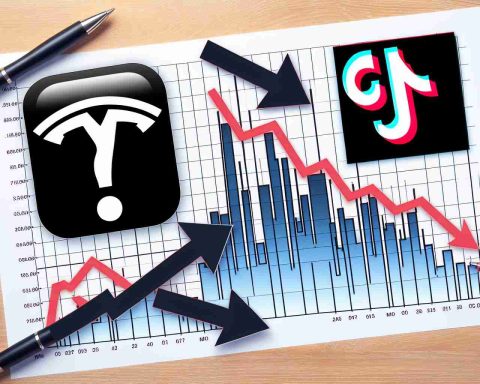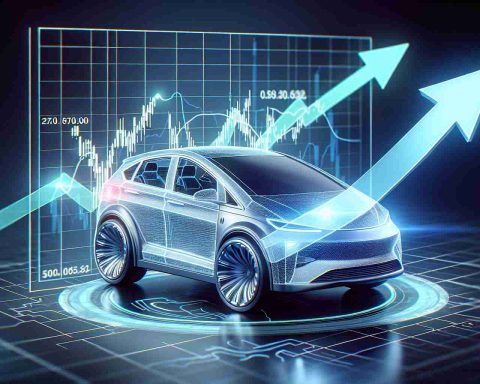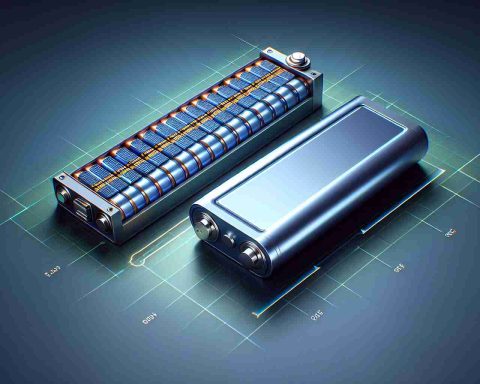East Penn Reinvents Battery Replacement for Electric Vehicles
East Penn Manufacturing has unveiled an innovative platform aimed at simplifying battery selection for Electric (EV) and Hybrid vehicles. In recent years, the complexity of these vehicles has increased as they integrate multiple battery systems, relying on both lithium and lead-acid solutions to function seamlessly.
The high voltage lithium batteries that power EVs are typically designed by vehicle manufacturers to last throughout the vehicle’s lifespan. On the other hand, the essential 12-volt batteries for lower voltage systems require periodic replacement. The choice of this replacement battery can significantly impact vehicle performance and safety.
In conventional vehicles, the 12-volt battery plays a crucial role in starting engines and ensuring electronic stability. For Electric and Hybrid cars, this battery is vital for a range of functions, including start-stop capability, power to cabin accessories, and backup for critical systems such as steer-by-wire and brake controls.
To empower consumers, East Penn has introduced its Deka Intimidator line, marked with the EHP symbol, indicating Electric Hybrid Performance. This designation not only reassures customers of compatibility but also highlights the environmental credentials of these batteries, boasting an impressive 98% recycled content validated by UL.
As a leader in battery technology, East Penn’s commitment to quality and sustainability shapes its products for various applications, including automotive and commercial sectors. For further information, visit their website.
East Penn Reinvents Battery Replacement for Electric Vehicles
East Penn Manufacturing has made significant strides in the realm of sustainable battery technology with the introduction of a new platform designed to simplify the battery selection process for Electric (EV) and Hybrid vehicles. As the automotive industry evolves, so too does the technology within vehicles, leading to the integration of complex multiple battery systems that utilize both lithium and lead-acid batteries.
The importance of battery selection cannot be overstated, particularly when considering the environmental and economic impacts of these choices. High voltage lithium batteries, engineered to endure the lifespan of the vehicle, serve a fundamental role in powering the EV. Meanwhile, the 12-volt batteries, essential for lower voltage functions, require regular replacement. The decision of which battery to replace can greatly influence vehicle performance, safety, and, crucially, the overall environmental footprint of the vehicle.
The 12-volt battery is particularly crucial in modern vehicles; it not only initiates the engine but also supports vital electronic systems. In Electric and Hybrid models, its role expands to include start-stop capabilities, powering cabin accessories, and serving as a backup for key safety features such as steer-by-wire and brake controls. As the world moves towards electrification, understanding and optimizing these battery systems becomes imperative.
East Penn’s Deka Intimidator line, bearing the EHP symbol for Electric Hybrid Performance, represents a notable advance in this field. By assuring compatibility and emphasizing sustainability, these batteries contain 98% recycled materials, thus promoting a circular economy. This aspect bears significant implications for environmental stewardship, as it reduces raw material demand and minimizes waste generated from battery production and disposal.
The environment, humanity, and the global economy all stand to benefit from these advancements. As EV adoption continues to surge, enhancing the efficiency and sustainability of battery production is critical. Transitioning to batteries with high recycled content can diminish the strain on natural resources, leading to lower carbon emissions and less environmental degradation. This aligns closely with the goals set forth in global climate agreements, where the reduction of greenhouse gases is a paramount concern.
Moreover, the economic implications of this shift are vast. By increasing the reliance on recycled materials, manufacturing costs could decrease over time, leading to more affordable EV solutions for consumers. This affordability can accelerate adoption rates, ultimately resulting in a significant reduction in fossil fuel dependency, fostering economic resilience in the face of climate change.
Looking to the future of humanity, East Penn’s focus on sustainable battery technologies highlights a trajectory toward cleaner transportation and resource-efficient manufacturing processes. As more manufacturers follow suit, we may witness profound changes in our energy landscape, ushering in an era where electric vehicles are not only prevalent but also contribute to a sustainable ecosystem.
In conclusion, East Penn’s innovative approach to battery replacement for Electric Vehicles stands at the intersection of environmental responsibility, economic opportunity, and technological advancement. As these developments unfold, they hold the potential to significantly influence the trajectory of humanity’s relationship with energy and the environment, paving the way for a more sustainable future.
The Future of Battery Replacement: East Penn’s Innovative Solution for Electric Vehicles
The Importance of Battery Selection in Electric Vehicles
As the electric vehicle (EV) market continues to grow, understanding the nuances of battery selection becomes increasingly crucial for both manufacturers and consumers. East Penn Manufacturing has recognized this need and has launched a groundbreaking platform designed to simplify the battery selection process for Electric and Hybrid vehicles, particularly focusing on the essential 12-volt batteries.
Pros and Cons of East Penn’s New Battery Platform
# Pros:
– Simplified Selection Process: The new platform aims to reduce confusion surrounding battery options, making it easier for consumers to choose the right battery for their EV or hybrid vehicle.
– Environmental Impact: The Deka Intimidator batteries come with 98% recycled content, promoting sustainability in the automotive sector.
– Enhanced Compatibility: The EHP symbol on batteries ensures compatibility with various models, enhancing consumer confidence in their choice.
# Cons:
– Potential Cost Implications: While the focus on quality and sustainability may appeal to environmentally conscious consumers, the cost of such advanced batteries could be higher than conventional options.
– Limited Scope: The platform primarily addresses 12-volt battery needs without delving deeply into the high-voltage battery systems.
Features of the Deka Intimidator Series
The Deka Intimidator line is tailored not just for performance but also for the growing demands of electric and hybrid vehicles. Key features include:
– Start-Stop Capability: Essential for improved fuel efficiency and reduced emissions in hybrid vehicles.
– Backup Power for Critical Systems: Ensuring that important vehicle functions, like steering and braking, remain operational even if the primary power sources fail.
– High Recycling Rate: Validated by UL, this feature enhances the sustainability aspect of battery production.
Market Trends and Insights
With the transition to electric vehicles accelerating, industry analysts predict a significant rise in the demand for reliable and sustainable battery options. A recent report highlighted that the global EV battery market is expected to reach $100 billion by 2025, driven by advancements in technology and increased consumer interest in sustainable transportation.
Innovations in Battery Technology
East Penn Manufacturing’s commitment to innovation is evident in their ongoing research and development efforts in battery technology. The focus on integrating lithium and lead-acid solutions reflects a broader trend in the automotive industry, where manufacturers seek versatile and efficient battery systems that cater to diverse vehicle needs.
Sustainability and Security Aspects
In an era where sustainability is paramount, the push for 98% recycled content in batteries underscores East Penn’s dedication to eco-friendly practices. Moreover, the use of high-quality materials and rigorous testing protocols enhances the safety and reliability of their batteries, addressing common consumer concerns regarding battery performance in critical situations.
Conclusion
East Penn Manufacturing’s latest initiative not only simplifies the battery replacement process for electric and hybrid vehicles but also sets a benchmark for sustainability and performance in the automotive battery market. As consumers and manufacturers navigate the complexities of EV technology, innovations like the Deka Intimidator series will play a pivotal role in shaping the future of transportation.
For more information, visit their website at East Penn Manufacturing.

